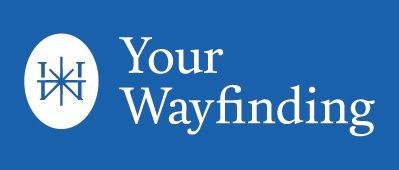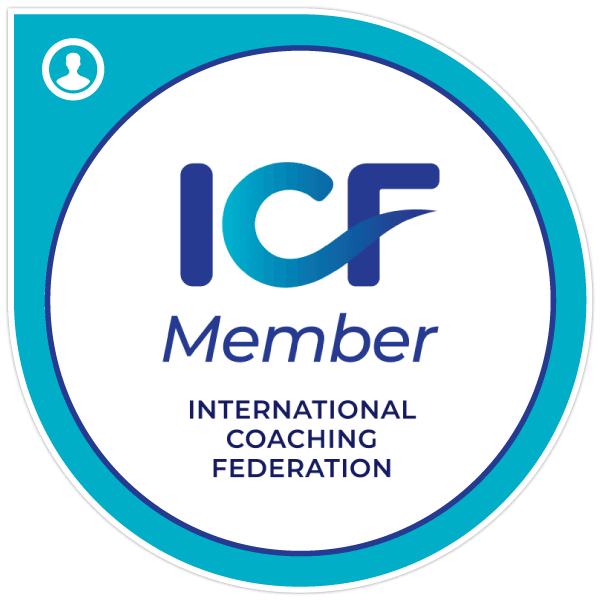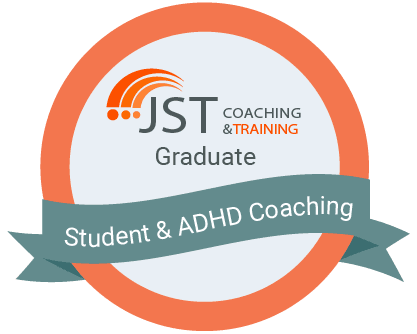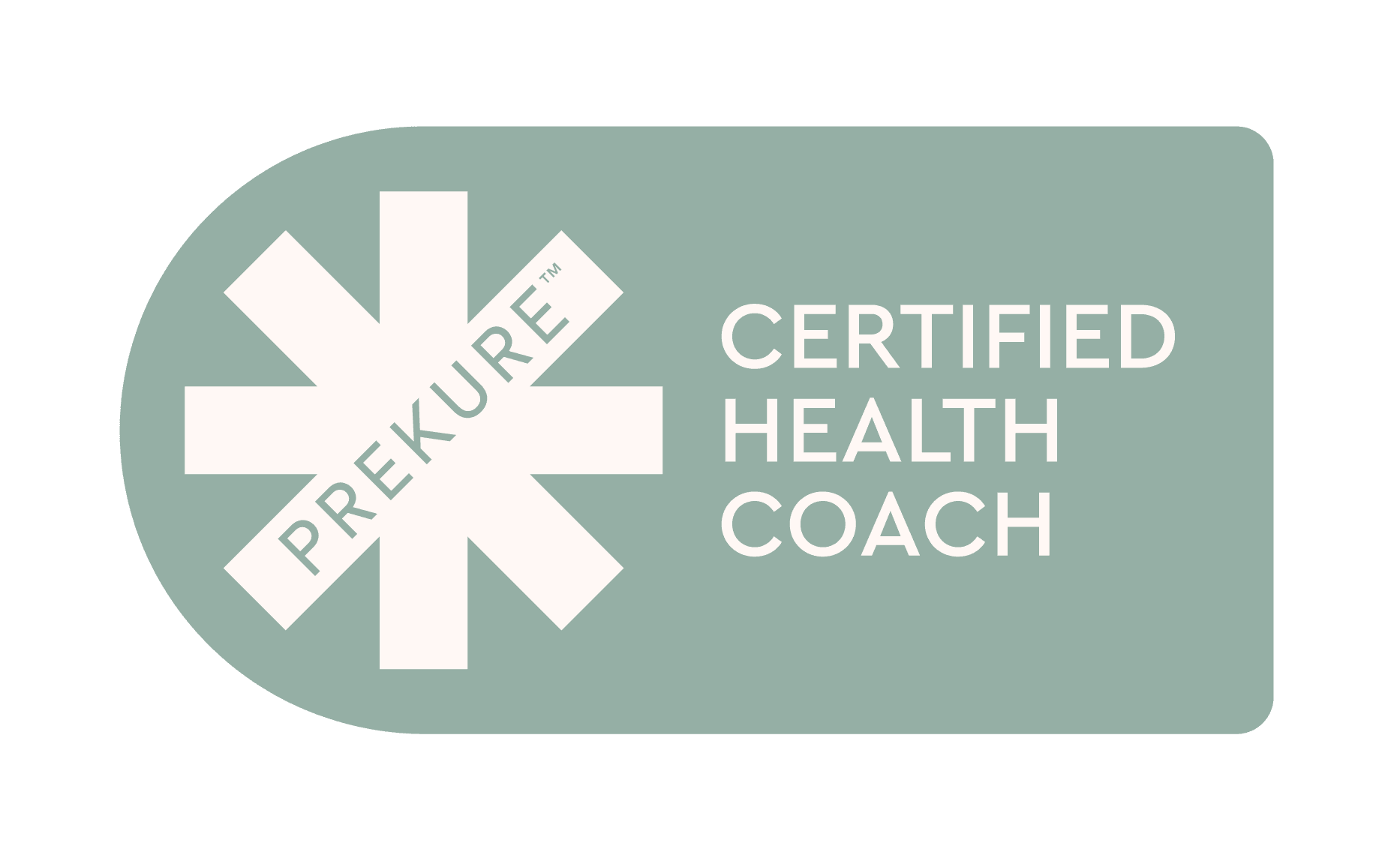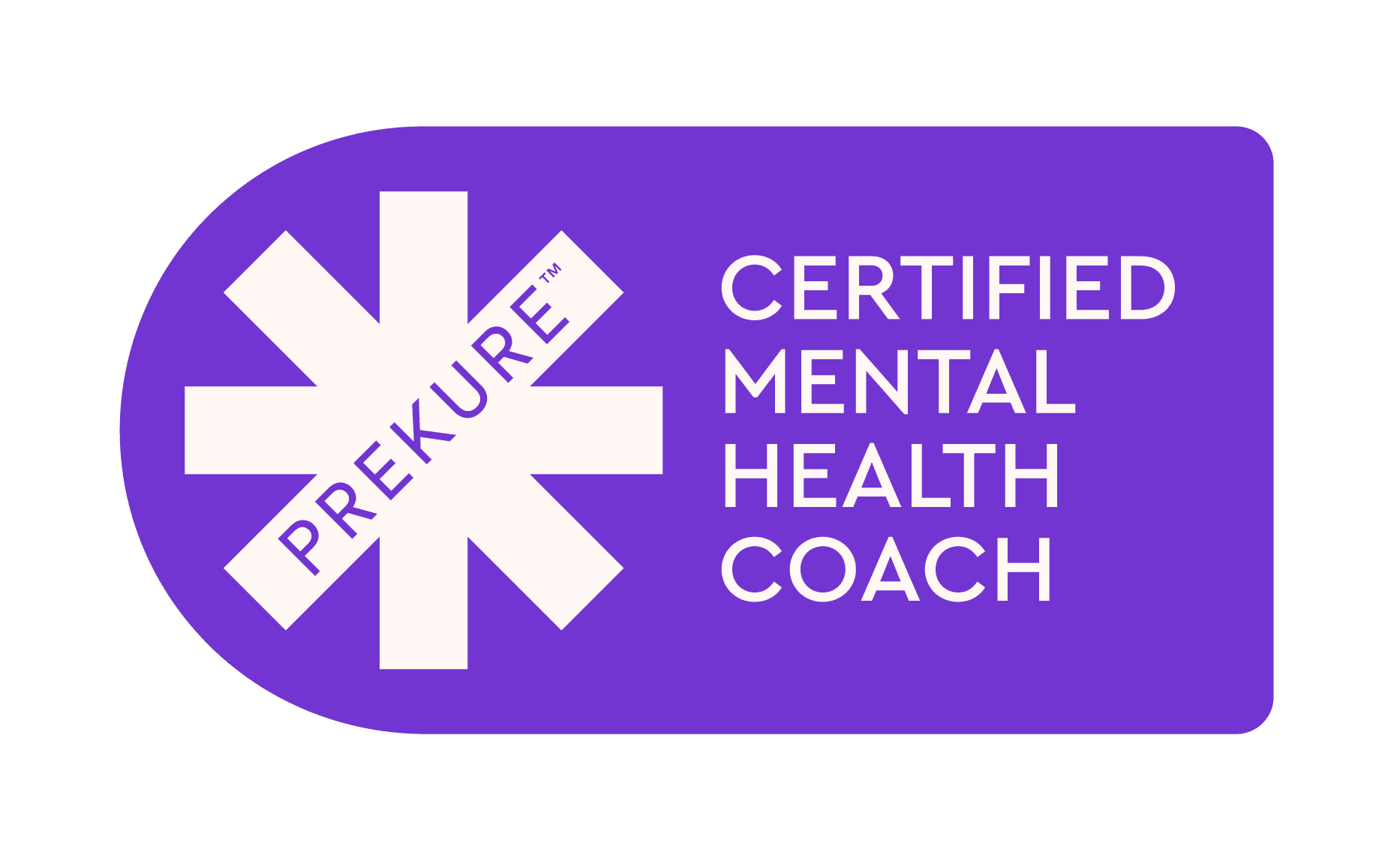Wayfinding Your Journey
What Coaching Offers
Coaching helps you understand how your brain works and gives you practical tools to make everyday life easier.
It’s a space to explore what’s working, what’s not, and what might help you function and feel better.
Every story is different. There isn’t one right way to do things — and coaching isn’t about fixing who you are.
It’s about noticing what you need, building strategies that fit, and creating realistic change that lasts.
My approach is practical and reflective.
While coaching isn’t therapy, it often involves understanding the emotions, patterns, and beliefs that influence how you live and work.
That blend of insight and strategy helps create change that’s both meaningful and sustainable.
When Coaching Helps
Coaching can be helpful when life feels harder than it should — when you’re doing your best but still feel stuck, scattered, or overwhelmed.
You might be:
Struggling to focus, plan, or follow through
Constantly tired or running on adrenaline
Managing ADHD, neurodivergence, anxiety, or stress on top of everything else
Balancing study, work, family, or leadership responsibilities and feeling like you’re always behind
Finding that success on the outside doesn’t match how you feel on the inside
Unsure how to move forward or make changes that last
Coaching can help you:
Understand how your brain works and what genuinely supports it
Build tools for focus, planning, and emotional regulation
Manage time, energy, and motivation more effectively
Strengthen confidence, self-awareness, and boundaries
Lead and live in a way that’s sustainable and aligned with your values
Executive Functioning and Everyday Life
Many of the challenges people face — trouble starting tasks, losing focus, forgetting things, or feeling scattered — relate to executive functioning.
These are the mental skills that help us plan, organise, prioritise, start and complete tasks, manage time, regulate emotions, remember information, and stay flexible when things change.
When these skills are challenged, everyday life can start to feel harder than it should.
Coaching helps you understand how these processes work for you and build strategies that support them — whether that’s creating structure, finding focus, managing energy, or learning to reset when things go off track.
Together, we build a toolbox of approaches that fit your brain and your life — practical systems, mindset shifts, and routines you can rely on when things feel busy or unpredictable.
The goal isn’t perfection, but confidence in the tools that help you function and feel at your best.
That’s why coaching is more than just strategy — it’s about understanding yourself and creating systems that support how you work best.
⏳ - Time Management 💭 Thinking about your Thinking (Metacognition) ⏸️ Emotional Pause (inhibition and harnessing) 🛫 - Task Initiation 🔋 - Sustained Attention 🎯 - Goal Directed Persistence ✅ - Planning and Prioritisation 📋 - Organisation 🚘 - Shifting (Cognitive Flexibility) 🧐 - Working Memory
A Holistic Approach
My coaching looks at the whole picture: how you think, feel, move, rest, connect, and respond to the world around you.
All of these shape how you function and how you feel day to day.
It’s about learning to notice your own patterns — what energises you, what helps you focus, how you recognise stress or calm — and using that insight to make choices that support you.
For neurodivergent people, those patterns often show up differently, and that difference matters.
Understanding your unique rhythms, strengths, and needs helps you create systems that work with your brain rather than against it.
This is what makes the approach holistic: not one fixed formula but curiosity about the whole system of your life, and the confidence to navigate it your way.
How Coaching Works
Coaching is a structured, supportive process grounded in trust and collaboration.
Each session combines reflection, strategy, and accountability, helping you move from awareness to action.
You bring your goals and experiences; I bring knowledge, structure, and tools drawn from evidence-based approaches in neurodiversity, executive functioning, and wellbeing.
When to Come to Coaching: Finding Your Turning Point
You don’t have to wait for a crisis or diagnosis to reach out.
Many people come to coaching when they notice life feeling heavier, busier, or less balanced — or when they want to understand themselves better and make lasting, realistic change.
Sometimes people just want a wingwoman — someone beside them who helps make sense of things, stay accountable, and find practical ways forward that actually fit them.
See below for some of the moments when people often decide it’s time to start.
Energy & Everyday Functioning — Why am I always tired or struggling to sleep?
You might be sleeping poorly, running on caffeine, or eating just to get through the day — or realising at night you barely ate at all.
Maybe you forget you’re hungry or tired until you crash.
Perhaps certain foods, textures, or sounds make things harder, or your energy peaks at night when the world expects you to wind down.
Coaching with Your Wayfinding can help you tune into those signals and build practical routines for rest, nourishment, and focus that actually work for your system — not someone else’s idea of balance.
Procrastination & Focus - Why can't I get started or stay on track?
You might find yourself putting things off until the last minute, jumping between tasks, or losing focus halfway through.
It’s not laziness — it’s often about executive functioning, the mental skills that help you plan, organise, and follow through.
When these skills are under strain, everyday tasks can feel bigger than they should.
Coaching with Your Wayfinding can help you understand what’s really happening beneath procrastination and build systems that work for your brain — not against it.
Together, we can find tools for planning, prioritising, and focus, so you can stop the endless cycle of “I should be doing more” and start feeling more in control.
When It Feels Like Too Much — And Never Enough
Maybe you’ve been holding a lot together — keeping up, pushing through, doing what needs to be done. But lately, it’s harder to find your rhythm.
You might be doing all the same things — working harder, staying later, showing up for everyone — and still feel like it’s not quite enough.
The thought of slowing down can feel risky, and the fear of falling short, unbearable.
It’s not weakness, and it’s not just stress. It might be your mind and body’s way of saying that something needs to change.
Coaching with Your Wayfinding offers space to untangle what’s happening beneath the overwhelm — the expectations, pressures, and old patterns that once helped you cope but now leave you stuck.
Together, we explore ways to protect your energy and self-worth, so you can move forward with steadiness, not survival.
Relationships & Connection — Why do I find connecting with people so draining?
Sometimes it’s not the workload — it’s the people load.
You might feel unseen or misread at work, at home, or in friendships — like you’re always the one adapting to keep the peace, managing others’ emotions, or trying to fit into spaces that don’t quite fit you.
It can be draining to mask frustration, soften your words, or second-guess how you’re coming across.
When connection takes so much effort, it’s easy to lose sight of you.
Coaching with Your Wayfinding can help you understand your patterns in relationships, express your needs with confidence, and create connections that feel mutual and real — where you don’t have to shrink, over-explain, or apologise for how you are.
Boundaries & Identity - How do I stop people-pleasing and say no?
Maybe you notice yourself saying yes when you’d rather say no, or feeling guilty when you finally rest.
It can be hard to step back when so much of your identity has been built around being capable, helpful, or dependable.
Sometimes it’s not about time management at all — it’s about fear.
Fear of letting people down, missing out, losing opportunities, or being seen as less committed.
Coaching helps you look at what sits underneath those patterns — the beliefs and pressures that keep you pushing past your limits.
Together, we find ways to set boundaries that feel genuine and sustainable, so you can care for others without losing care for yourself.
Transitions & Big Questions — What's next for me?
Change looks different at every age.
You might be finishing school or uni and feeling unsure what comes next — trying to balance freedom with pressure, expectation with uncertainty.
Or maybe you’re in a new job, a new phase of parenting, or a midlife shift that’s stirred up questions you thought were settled.
Sometimes the old ways of coping or defining success stop making sense, but the new ones aren’t clear yet.
You might feel restless, lost, or simply ready for something that fits you better.
Coaching with Your Wayfinding offers space to pause and make sense of what’s changing.
Together, we explore what still fits, what’s evolving, and what might come next — helping you move forward with clarity, confidence, and trust in your own direction.
